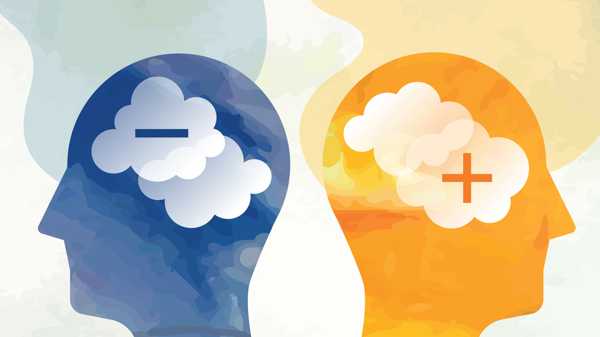How Does Eating Healthy Affect Your Mental Health?
Have you ever considered the relationship between healthy food and mental health? Yes, they are interrelated. For centuries, we have not fully understood the connection between mental health and a nutritious diet. However, some people can understand this relationship through formal observation. But people need concrete proof of it.
Modern research unravels the role of nutrition in mental health. A balanced diet with vegetables and fruits is essential for improving cognitive functioning, Stress levels, and psychological problems. Vegetables contain minerals, vitamins, and antioxidants that can lower the probability of depression, anxiety, and other disorders.

Nutritional Support For Mental Development
A balanced diet demands an optimal level of micronutrients, vitamins, and minerals. All of them play an essential role in regulating mental health. People who suffer from mental health problems are likely to have deficiencies in omega-3 fatty acids and vitamins. Moreover, here are some nutrients that are suitable for your mental fitness
Magnesium
Antioxidants
Complex Carbohydrates
B vitamins
Amino acids
It is compulsory to utilize essential nutrients in modulating symptoms of mental illness. These symptoms include impaired cognitive function and decreased mental sharpness. These nutrients calm down your mental Stress and anxiety.
Mental Health Challenges Interrupt Daily Activities
If a person is suffering from anxiety disorder and facing severe hypertension, it will automatically impact a person to execute routine functions. It will have a catastrophic impact on daily life activities. If these things restrict your routine work, remember that unhealthy eating patterns could be a reason for this. It may be a reason for your poor job performance. Physical symptoms, including fatigue and loss of appetite, may also relate to this. If Stress is on your mind, it will affect you physically.
How Can Nutrition Affect How I Feel?
People respond differently to the foods in their diets. However, some meals and refreshments may affect how they feel. Let's focus on the food that might affect your thoughts and ways to handle it.
Vegetables And Fruits
Vegetables and fruits offer a diverse range of nutrients to your diet. These nutrients enhance your mental and physical health. But vegetables and fruits can be costly and challenging to prepare sometimes. You may use juiced, dried, canned, and frozen fruits. It will be a more accessible and cheaper way to fulfil your daily requirements.
Protein
A healthy mind requires a balanced amount of protein in the body. The amino acids in protein can produce chemicals in the brain. These chemicals are called neurotransmitters and regulate your feelings and mental deliberations.
You can find your daily protein through
Eggs
Lean meat
Soya products
Nuts and seeds
Fish
Cheese
Legumes, including beans, lentils and peas
Milk
If your diet provides enough protein, you may add grated cheese to your meal or consume a glass of milk every day. Nuts and seeds may also be a way to get protein.

Fluid Consumption
A person who is afflicted with mental health issues may lack the enthusiasm to drink plenty of fluids. However, dehydration may be a reason to restrict your cognitive thinking. So, you must take plenty of fluid in smoothies, juices, and water. Eating fruits may also provide a source of additional hydration in the body.
Healthy Fats
It is noted that omega-3 and omega-6 are essential fatty acids for brain health. You can fulfil the requirement of these nutrients through:
Oily fish, including mackerel and sardines (these options are cheaper if you buy them canned)
Nuts and seeds
Avocados
Avoid heavy fats as they are difficult to digest. And they can be more expensive.
Alcohol
As we know, the chemicals in our brain, known as neurotransmitters, may affect badly due to overconsumption of alcohol. You have to get rid of alcohol as it affects your cerebral functions and causes neurotoxicity. It can eradicate your mental health.
Nutritional Strategies For Dealing With Illness
A person finds it difficult to maintain a healthy diet plan when he is suffering from poor mental health. If you follow the strategies explained, your mental health will improve. These strategies are cheaper and easy to follow.
If you are suffering from severe mental ups and downs, you should consult your healthcare professional. Your dietitian will suggest a proper diet and some exercises. Yoga and meditation may also help improve your mental condition.
Nutritious Diet Effects On Mental Health
Modern research has made the relationship between brain health and nutrition clear. The food we eat directly affects our brain's functionality. Eating a diet rich in essential nutrients is a powerful support for our nervous system and mental well-being. At the same time, poor diet habits cause mental health issues like depression and anxiety. So, if you want a healthy functioning brain, integrate a nutrient-rich diet into your life to improve your overall mood and health.





